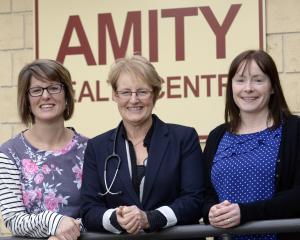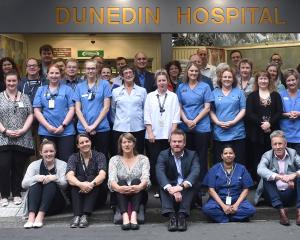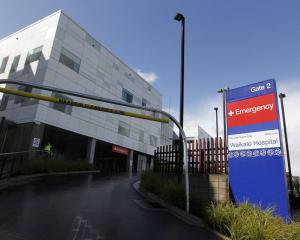Public Health South medical officer of health Dr Marion Poore said yesterday efforts were continuing to contact about 3000 people who were guests at the Copthorne Hotel and Resort Queenstown Lakefront between April 20 and May 3, the time when the waitress was at her most infectious.
Dr Poore said the hotel and tour operators were helping to locate these people, but most of them would have returned overseas to countries where the disease was endemic and it was believed many of them could be immune.
Fifty-six close contacts and co-workers of the waitress in Queenstown have received immunoglobin (antibodies) and vaccinations and a further 15 have received similar treatment in other parts of the country.
No further cases of the highly contagious disease have been notified at this stage, which Dr Poore said was encouraging, but the long incubation period, which could be up to 50 days, meant that it would be the end of June before the all-clear could be given.
Public Health South was notified of the case last Thursday, following blood tests taken after the admission of the waitress to Lakes District Hospital in Queenstown.
The waitress, who worked between April 11 and May 4, was potentially infectious from the time she arrived in New Zealand on April 7.
The estimated 1200 people who ate at the hotel's breakfast buffet, between May 2 and 4, could benefit from vaccination and immunoglobin, but those exposed earlier in the woman's employment would be outside the time when such treatment would be effective.
The 0800 number set up to take calls from around the country from people who might have concerns about their situation had received 35 calls to late yesterday afternoon.
Dr Poore said the number 0800 709-126 would remain in place today and would be reviewed after that.
She was unable to say whether any of the callers believed they had symptoms of the illness which include nausea and vomiting, jaundice. dark urine, pale faeces, felling unwell and listless, lacking appetite, fever and general aches.
One of the biggest problems in controlling the disease was that for two weeks after contracting it, people were without symptoms and could be unwittingly infecting others.
Asked if screening people coming into the country would be an option for preventing such events, Dr Poore said a blood test could show immunity, and if someone was sick, but it would not show that someone was incubating the disease.
It would not be practical or cost-effective to do such tests even for those intending to work in the food or other high-risk industries.
Dr Poore said the health board would be spending several thousand dollars on the immunoglobin and vaccinations, but that was far cheaper than the cost of large numbers of people getting sick.
People with the illness could usually be treated at home as once the disease was contracted there was no particular treatment for it.











